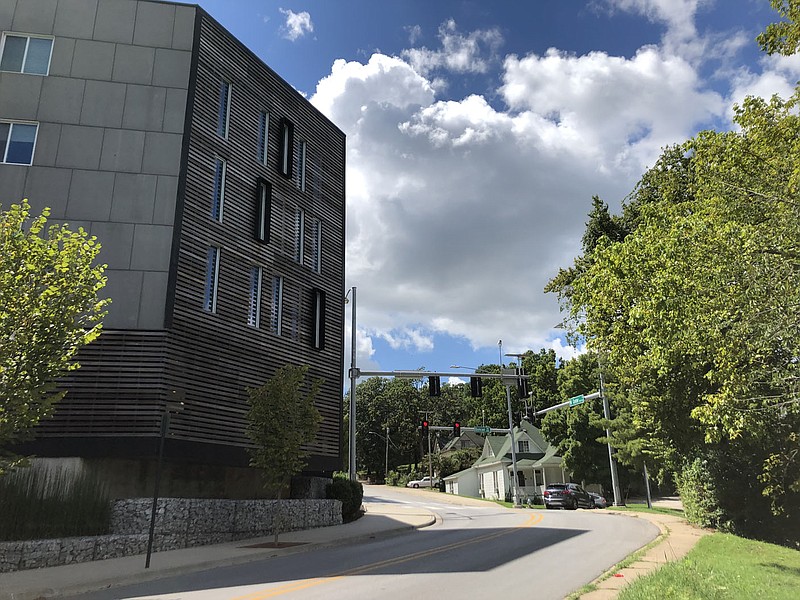FAYETTEVILLE -- A City Council member wants to make it easier for residents to contact rental property owners.
Teresa Turk sponsored a measure to create a residential landlord registry. The council considered the item for the first time Aug. 4, and will take it up again Tuesday.
Turk said she has received complaints from constituents who have had difficulty reaching property owners about issues such as tenant behavior or property maintenance. Sometimes properties are owned under limited liability companies, which list registered agents who may not actually be the property owners.
Incorporation documents sometimes list only an address or post office box number, she said.
The registry would include the name, mailing address, phone number and email address of the owner or the owner's representative who can get to the property if necessary. Turk said she envisioned putting the registry on the city's website for residents to access or to at least provide a phone number and email address for residents to request the information.
Getting the information should be easy, especially for older residents who aren't always tech-savvy, Turk said, but she's open to ideas on how it would work.
Property owners who rent or lease more than two properties would provide contact information for the registry when getting or renewing their business licenses. City code already requires such property owners to get business licenses. The registry wouldn't apply to property owners who operate short-term rentals, such as Airbnb.
"I'm really just trying to make it functional and make it really practical and not onerous for anybody," Turk said.
A property owner who failed to provide information for the registry would be subject to the city's standard penalty for violating an ordinance, which is a fine up to $500, City Attorney Kit Williams said.
Don McNaughton, president of the Northwest Arkansas Board of Realtors, said contact information for property owners is already out there. The county assessor keeps property records that residents can request, he said.
Residents who have difficulty contacting a neighboring property owner can still call the city over a code violation, McNaughton said.
"I get trying to fix problems, but solutions are already there," he said. "If you're saying nobody knows how to find out who owns a property, maybe put a link on the city website to show them how they find that out."
Fayetteville would join Springdale in Northwest Arkansas in having a landlord registry. Springdale has had a registry for residential properties not owner-occupied for about 15 years, City Attorney Ernest Cate said.
The list is primarily meant for the city staff to use to contact property owners if there are any issues, Cate said. It isn't posted to the city's website, but the information is subject to the state's Freedom of Information Act, he said.
If the property owner lives out of state, a representative's information is put on the list, Cate said. Names are added on an ad hoc basis. Cate said as far as he is aware, the city hasn't penalized anyone for not being on the list.
"It's a good thing for the property owner," Cate said. "If there's a fire or if we find a dead body in the house and it's not owner-occupied, we'd have no idea how to get a hold of the owners."
Cities across the country have landlord registries. Little Rock has a registry so the city staff can easily know who to contact over code violations. Registration has to be renewed annually. Registration fees range depending on the number of rental units owned. Failure to register can result in a fine, according to the city website.
In South Bend, Ind., everyone who owns residential or multi-unit rental properties that they don't occupy must register with the city every year. The cost is $5, and anyone who fails to renew is subject to a $300 fine. The registry is not posted online, but residents can request the records.
Omaha, Neb., adopted a measure that went into effect at the start of this year requiring landlords to register their properties. The registry is part of a larger housing ordinance meant to increase the frequency of inspections, according to the Omaha World-Herald. Several property owners sued to stop the ordinance.
